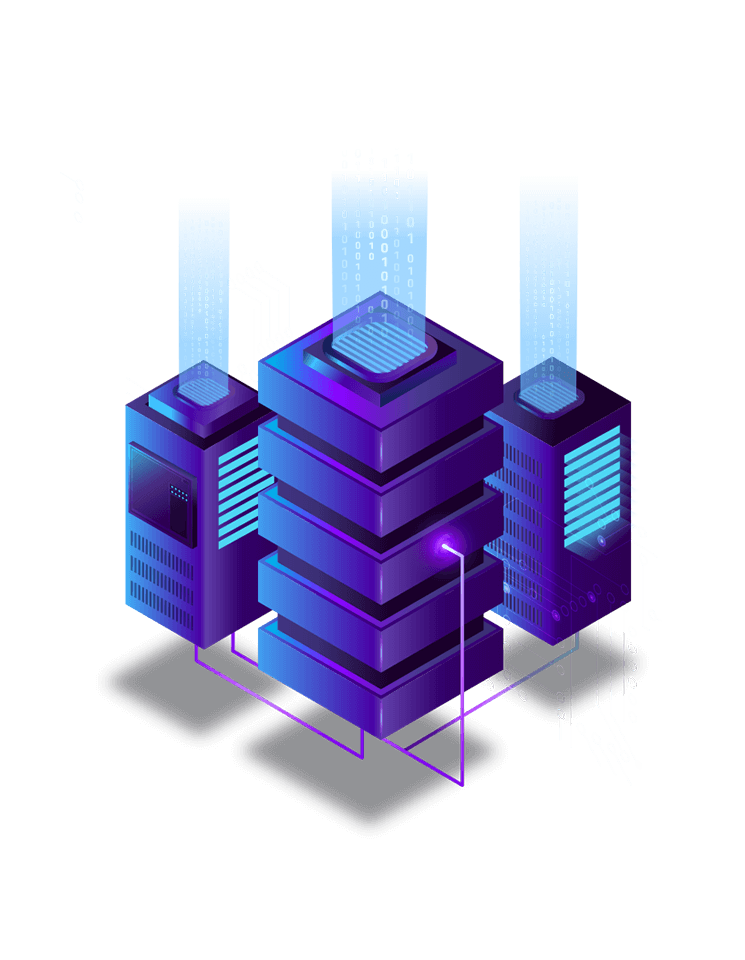BIG DATA ANALYTICS

Big Data Analytics: what do we analyze?
Big Data Analytics is a process used to extract meaningful information, such as hidden patterns, unknown correlations, market trends, and customer preferences. Big Data analysis offers various advantages: it can be used to make better decisions, prevent fraudulent activity, among other things.
Customers who have applied our Data Mining techniques have achieved:
- + 10% monthly turnover
- + 42% new customers in six months
- + 65% recurring customers in six months
- - 24.6% churn rate in six months

Here are the typical phases for an accurate analysis of company data:
- Stage 1 - Business case evaluation - The life cycle of Big Data analysis starts with a business case, which defines the reason and the objective behind the analysis.
- Stage 2 - Data identification - A wide variety of data sources are identified here.
- Stage 3 - Data filter and Data Orchestration - All the identified data from the previous phase is filtered.
- Stage 4 - Data extraction - Incompatible data with the tool are extracted and then transformed into a compatible module.
- Stage 5 - Data aggregation - In this stage, the data with the same fields in different data sets are integrated.
- Stage 6 - Data analysis - The data is evaluated using analytical and statistical tools to discover useful and advantageous information for business decisions.
Big Data Analytics vs Web Analytics
It’s important to clarify the difference between Big Data Analytics and Web Analytics.
Web Analytics examines and analyzes user data from the website/e-commerce with the aim of optimizing the online experience. The main reference KPIs are: clicks, traffic, views, interactions. However, due to privacy regulations, web analytics cannot effectively track customer and contact activities or activities on third-party sources (social, mail, etc.), making it very limited as an information source.
Big Data Analytics is a process used to extract meaningful information, like hidden patterns, unknown correlations, market trends, and customer preferences. Big Data analysis offers various advantages: it can be used to make better decisions, prevent fraudulent activity, among other things.

Advantages of Big Data Analytics
Companies, big or small, across all sectors can benefit from the effective use of big data. The advantages of big data and analysis include better decision-making, greater innovations, and optimization of product pricing. Let’s look at the main advantages:
1. Customer Acquisition and Retention
Companies, big or small, across all sectors can benefit from the effective use of big data. The advantages of big data and analysis include better decision-making, greater innovations, and optimization of product pricing.
2. Targeted and Focused Promotions
Big data allows companies to deliver personalized products to the target market, no longer spending fortunes on promotional campaigns that don’t yield results. With big data, companies can analyze customer trends by monitoring online purchases and point-of-sale transactions. This information is then used to design targeted and focused campaigns that help brands meet customer expectations and boost brand loyalty.
3. Identification of potential risks
Companies operate in high-risk environments, so they require effective risk management solutions to address problems. Big Data plays a crucial role in developing effective risk management processes and strategies. Big data tools and analysis reduce risks promptly by optimizing complex decisions for unexpected and potential events.
4. Innovation
The information you get using big data analysis is the key to innovation. Big data allows you to update existing products/services while innovating new ones. The large volume of collected data helps companies identify what fits their customer base. Information about what others think of your products/services can assist in product development. This information can also be used to overhaul business strategies, improve marketing techniques, and optimize customer service and employee productivity.
